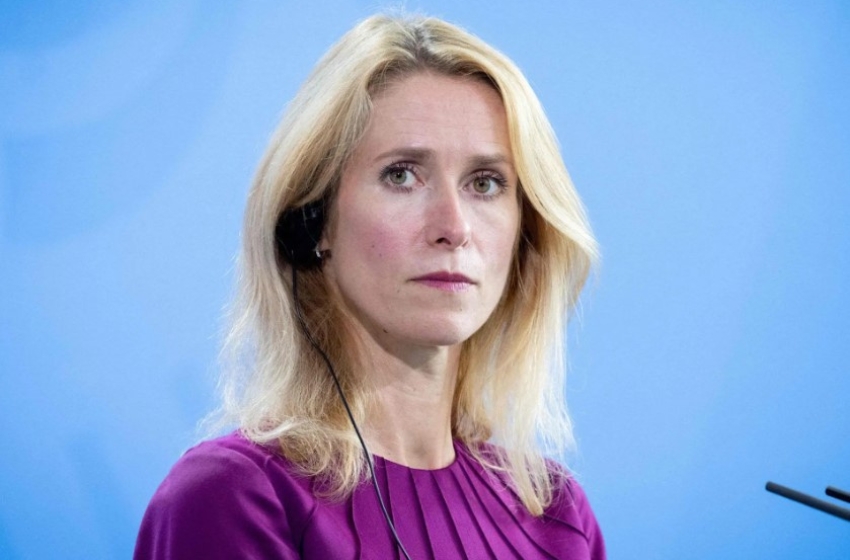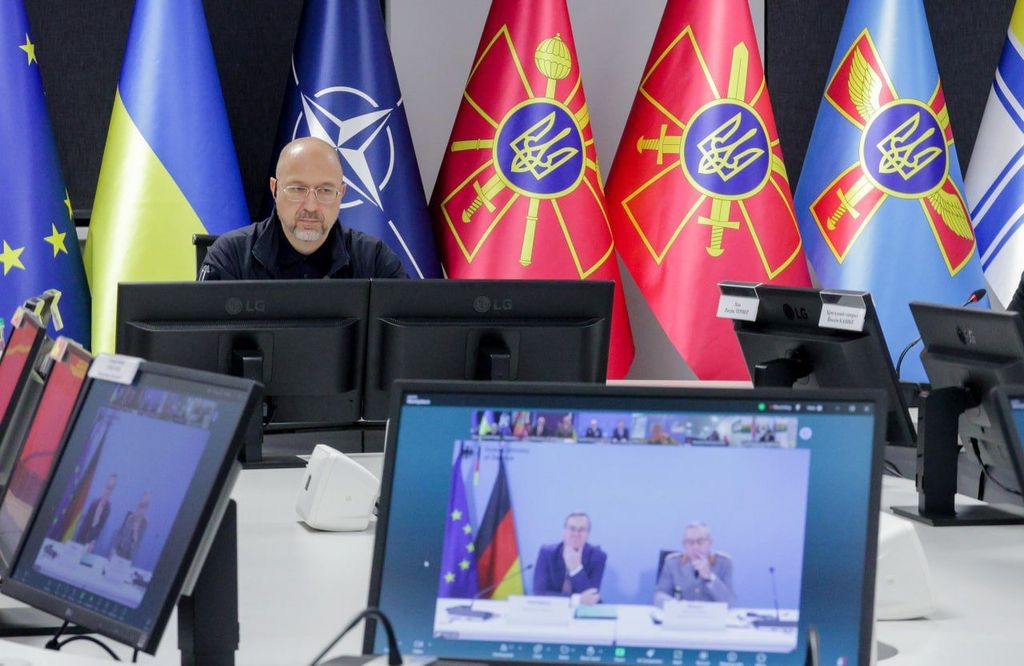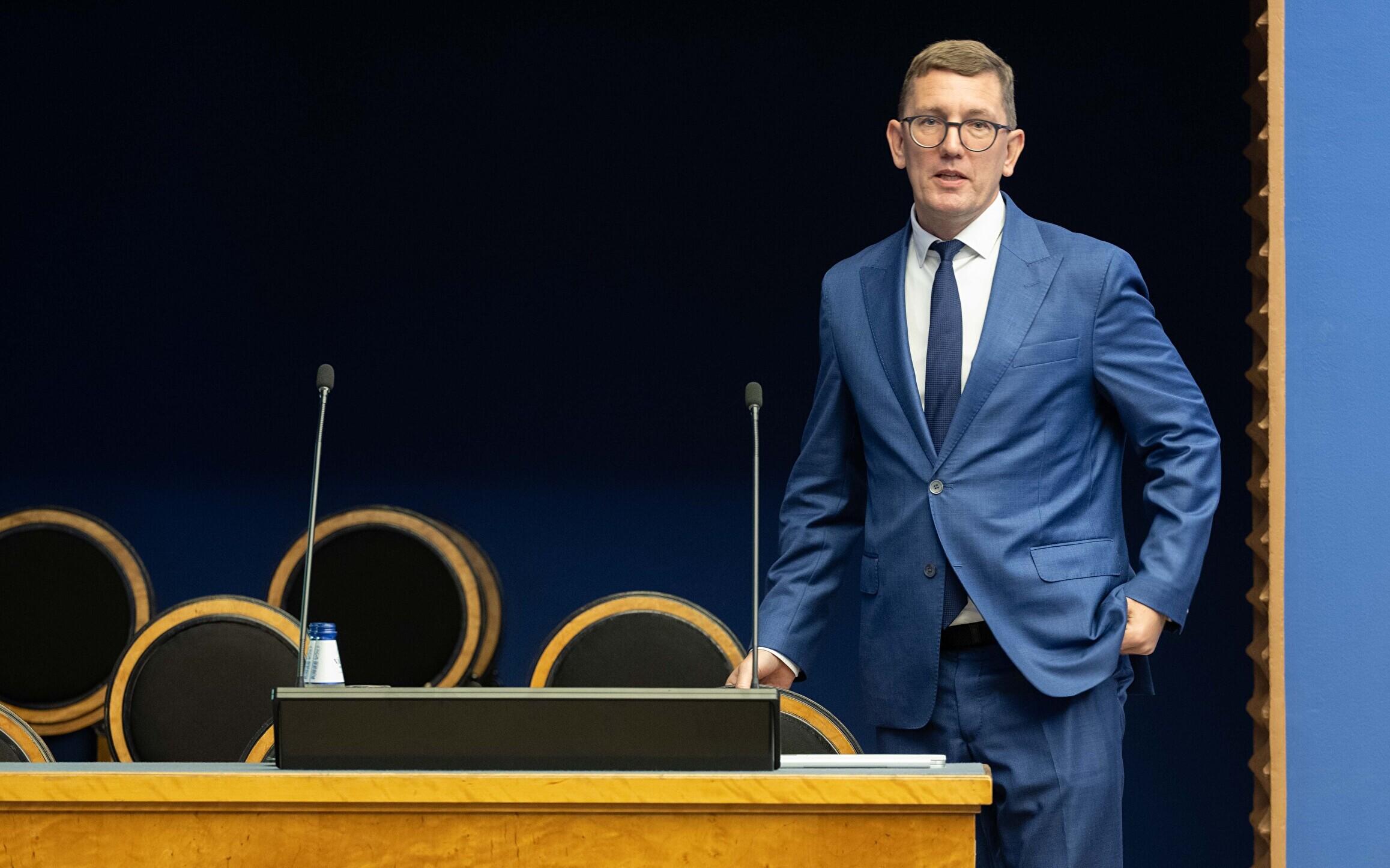The Russian Federation is preparing for a prolonged aggressive war against Ukraine, and the aggression will continue until the Kremlin realizes its inability to achieve victory.
Estonia's Prime Minister, in an interview with Der Standard newspaper, spoke about certain "traps" in the ongoing war, emphasizing the need to avoid falling into them, as careless handling could play into Moscow's hands.
"We must not fall into various traps that are set there. It is a mistake to think that the war can be won quickly. Russia is preparing for a long war. This will continue until Russia realizes that it cannot win," said Kaja Kallas.
She also mentioned another "trap": the belief that peace can be negotiated.
"If we agree to the seizure of land, Russia's needs will be met. It is untrue that suddenly everything will become peaceful," she noted.
Kallas explained the existence of a "fear trap" as well.
"Russia plays on this. The fourth stumbling block lies with us if we say that our actions will further provoke the Russians. It is quite the opposite. Russia is provoked by weakness, not strength," she explained.
Kallas also stressed the importance of Ukraine having an adequate supply of ammunition for continued combat against aggressors.
"The crucial question in war is whether you have enough ammunition. Therefore, we have decided to supply a million artillery shells. The 'Ramstein' coalition has a budget thirteen times larger than Russia. We are stronger, but we must help Ukraine defend itself, provide them with what they need. And we must believe in Ukrainian victory, not in the narrative that Russia will win anyway," said the Estonian Prime Minister.
Kallas added that Russia wants allies to "believe that Ukraine cannot win," which supposedly encourages partners to cease support. In such a scenario, the consequences would be "very dangerous" for the global world.
"We would find ourselves in a world where might, not law, determines. This is very dangerous. Then the aggressor wakes up other aggressors. Then we will see the same thing in other regions, in other parts of the world," she concluded.





















